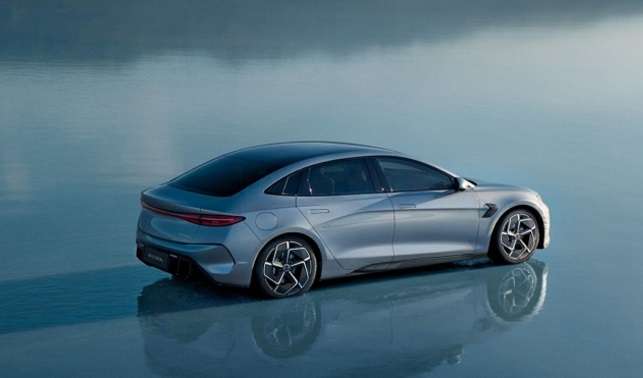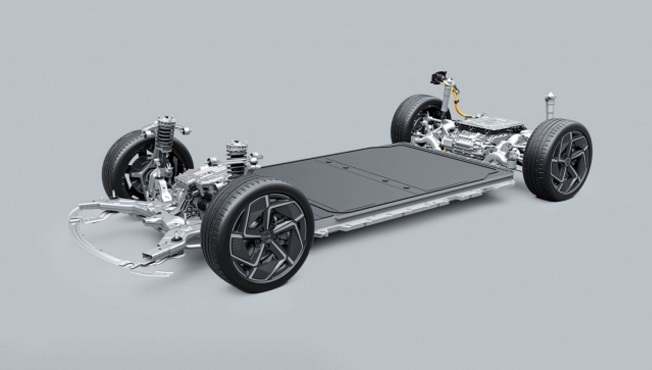BYD will further reduce the price of its electric and plug-in hybrid cars with this technology
BYD will continue to advance in making life impossible for thermal cars—this time, with its next platform to further reduce its prices.

BYD and Tesla currently lead the electric car industry in many major markets. Due to its selection of electric vehicles, the brand is establishing itself as a consumer favorite and a genuine alternative in the market. Its zero-emission models’ reasonable prices are unquestionably one of its advantages. With its upcoming technology, the company is still progressing in this area.
According to a recent report by the media outlet 36KR, the Chinese company is almost done developing a new platform for electric cars. They claim it will be able to cut expenses further to fully engage in “a liberation battle” against cars that run on petrol. Plug-in hybrid vehicles will also work with this new platform.
BYD’s new technology
The media above cites sources acquainted with the project and BYD’s long-term plans, claiming that the new platform will be used to update the range for plug-in hybrid and electric vehicles. This technology will be marketed as an improvement over the current one, known as e-Platform 3.0, which has already authorized an average autonomy of roughly 500 kilometers for electric vehicles.

In particular, they mention that this update—which could be dubbed “4.0”—could result in a nearly 20% cost savings from 36KR. Concurrently, this could be explained by a decrease in the cost of the company’s electric vehicles (and plug-in hybrids). A portion of this cost savings will come from enhanced component optimization and reduced usage of cables in the various installed parts (motors, batteries, etc.).
According to the media, plug-in hybrids will have enough autonomy to travel nearly 2,000 kilometers with the fuel tank full and the battery recharged. According to their calculations, the permitted average consumption will be 2 liters per 100 kilometers. They claim that this will discourage people from purchasing conventional thermal cars and instead cause them to view hybridization as a significant advancement.
But what will happen to electric cars?
Beyond the numbers stated, the report does not include any additional data regarding the decrease in the vehicle’s production costs. Though lowering car prices is undoubtedly its most significant potential, it is also likely to adopt lower energy consumption and increased autonomy. Indeed.
For now, though, we will have to wait a few months for the brand to validate this. According to sources, the platform update is expected to become official by 2024.
Related Post
- Tesla offers to change the NCM battery for an LFP to owners of a Tesla Model 3 under warranty.
- This electric sedan competes head-to-head with the Tesla Model 3: it beats it in design but loses in price.
- The CEO of Alfa Romeo confirms it: there will be an electric substitute for the legendary Giulietta.
